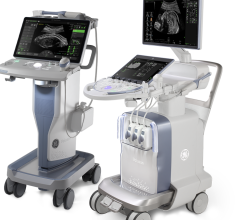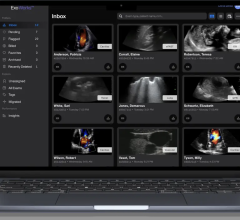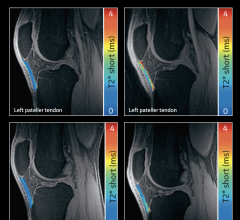
January 20, 2010 - Doppler ultrasound is a well established technique used to diagnose problems during pregnancy, and it may prove especially useful in high-risk pregnancies to monitor a fetus' health may reduce caesarean sections and the number of babies who die, according to a new Cochrane Systematic Review.
Doppler ultrasound monitors how speed of blood flow moving in the umbilical, enabling clinicians to determine if the fetus is healthy, abnormal, or under stress. This allows the physician to determine the proper course of treatment.
Some experts argue, however, Doppler ultrasound may prompt some unnecessary early interventions.
The review included 18 studies which together included 10,000 women in high risk groups. High risk women included those who had previously lost babies during pregnancy, those carrying growth restricted babies and women with hypertension or diabetes. Women who were examined with Doppler ultrasound were compared with those who had no Doppler or with those who had cardiotocography (CTG), which monitors the baby's heartbeat.
Researchers found that Doppler reduced infant deaths, possibly through better timing of caesarean sections, as well as reducing the number of caesarean sections themselves, and inductions of labor.
For more information: www.cochrane.org/reviews/en/topics/


 July 19, 2024
July 19, 2024 








